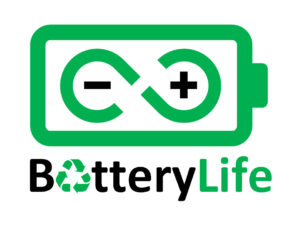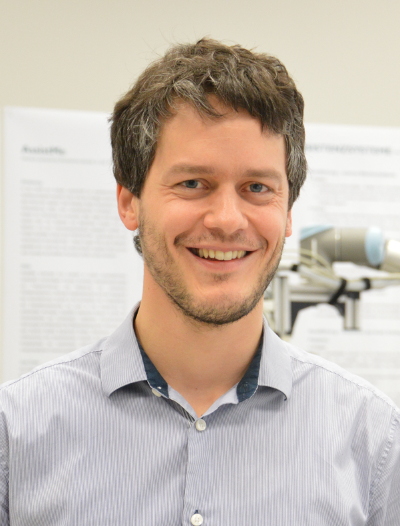
BatteryLife – Extensive research into extending battery life cycles through secondary use.
The high acquisition costs for lithium-ion batteries (LIBs) are considered one of the biggest obstacles to the introduction of electric vehicles on the mass market. Aged traction batteries sometimes no longer meet the high requirements for power and energy density. In this context, secondary use is a possible solution to reduce the acquisition costs of electric vehicles and extend the useful life of the batteries. This opens up opportunities to generate additional revenue and improve the eco-balance of electromobility. Promising second-life applications include use as home storage for photovoltaic systems or integration as buffer batteries to cover power peaks in smart charging stations. In order to extend the battery life cycle and enable corresponding secondary use, the project will develop answers to open questions that arise in connection with secondary use:
- Secondary use of batteries must be fundamentally and comprehensively scrutinized with regard to second life requirements for reuse concept on pack, stack, module and cell level, with regard to product design, production processes, analysis methods with special attention to economy and ecology.
- Second Life applications require an understanding of current and future cell chemistry in order to prepare the basic building blocks of energy storage systems for extended life cycles on the one hand. On the other hand, understanding is needed for state analysis at stack, pack, module and cell levels.
- Qualification of the applicability requires the development of appropriate measuring devices to be able to make efficient statements about the condition of elements.
- Decisive for the economic reusability of stacks, packs, modules and cells are productive assembly, maintenance and disassembly methods.
Goal
- To develop a comprehensive ecologically and economically justified reuse concept for batteries.
- To examine the cell chemistry of current and future accumulators with regard to secondary use concepts.
- To develop efficient measurement methods for the qualification of batteries.
- To increase the productivity in manufacturing, maintenance and reuse of batteries.
- To implement and test the technologies using laboratory demonstrators with practical relevance.
Ecological evaluation of the approaches developed in the project to quantify the associated emission reductions and the impact on resource consumption.
Förderung:
FTI Initiative Kreislaufwirtschaft
Duration:
01.12.2022 – 31.08.2024


